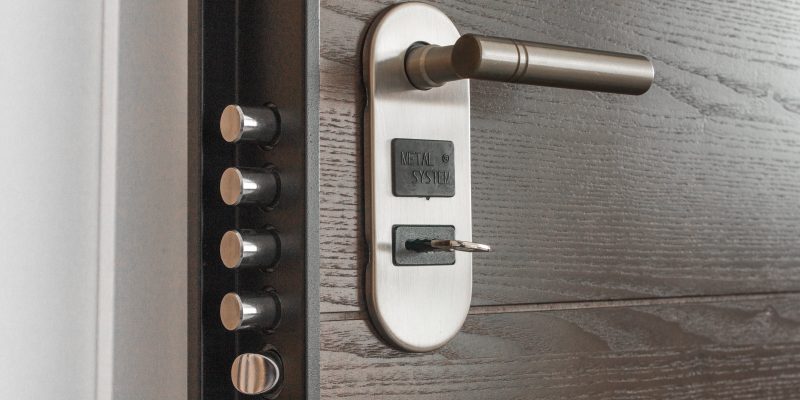Locks are our first line of defence against potential intruders. They play an instrumental role in securing our homes, cars, offices, and other personal spaces. Like other elements in our homes, locks have a lifespan and may require replacement from time to time. The big question is, how often should you change your locks to ensure maximum security?
Why Change Your Locks?
There are myriad reasons why one might consider changing their locks. The primary ones include:
- Security Concerns: If you’ve been a victim of burglary or your keys were stolen, changing your locks is paramount to ensure your safety.
- Wear and Tear: Over time, the internal mechanisms of a lock can degrade, making it easier for someone to pick or break.
- Lost or Stolen Keys: If you lose your keys or suspect they might be in the wrong hands, it’s safer to change your locks.
- Moving Into a New Property: When you move into a new home or office, you can’t be certain who else has copies of the keys.
- Advancements in Lock Technology: Over time, newer, more secure locking systems come onto the market, and upgrading can be a proactive way to bolster your security.
Regular Checks: The Key to Security
To ascertain how often you should change your locks, it’s essential to carry out regular checks on their functionality. If you’re using a lock daily, like your front door lock, it’s bound to wear out faster than the one you use infrequently.
Fast Keys, a company specialising in keys and locks, advises homeowners to assess the wear and tear of their locks every six months. Not only should you inspect for visible damage, but you should also test the efficiency of the lock. If you find your key sticking or the lock being temperamental, it might be time for a replacement.
General Guideline on Frequency
There isn’t a one-size-fits-all answer to the frequency of changing locks. However, as a general rule of thumb, consider the following:
- Homes: Every 5-7 years or following any of the events mentioned in the “Why Change Your Locks?” section.
- Business Premises: More frequent changes are advisable due to the high traffic and greater security risks—perhaps every 3-5 years or after any security breaches.
- Cars: It’s less common to change car locks unless there’s been an attempted theft, the keys are lost, or the lock starts to show wear.
Lock Maintenance: Prolonging the Lifespan
Changing locks can sometimes be a costly endeavour, especially if you’re opting for high-end security systems. Therefore, it’s worth considering how to prolong the life of your current locks:
- Lubricate Regularly: Use a graphite-based lubricant to ensure the smooth operation of the lock.
- Clean Exterior: Clean the external part of the lock to prevent grime and dirt from entering the internal mechanisms.
- Duplicate Keys Professionally: Always ensure that any duplicate keys are made professionally to avoid damaging the lock’s interior.
- Use With Care: Avoid using excessive force when turning keys, and ensure you’re using the correct key to prevent unnecessary damage.
Conclusion
The frequency of changing your locks primarily hinges on their usage, the security landscape, and any unforeseen incidents like burglaries or lost keys. Regular checks and maintenance can prolong the life of your locks, but staying proactive and upgrading when necessary ensures the safety of your property and loved ones.
Remember, it’s always better to be safe than sorry when it comes to security!




















